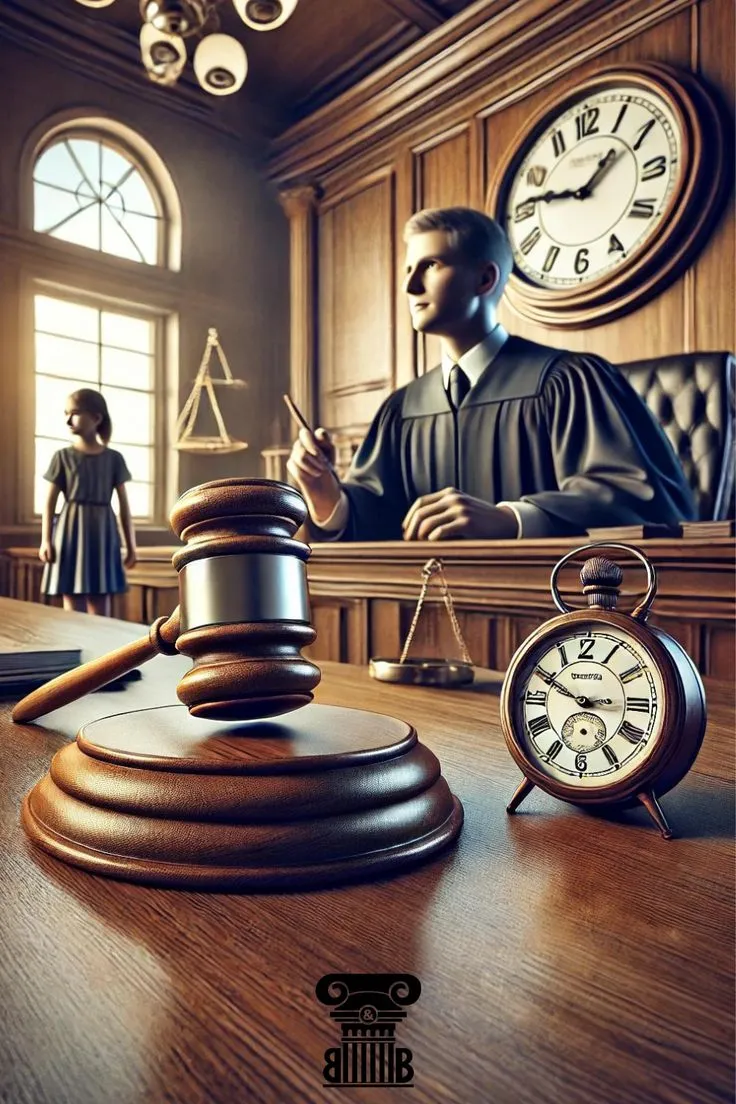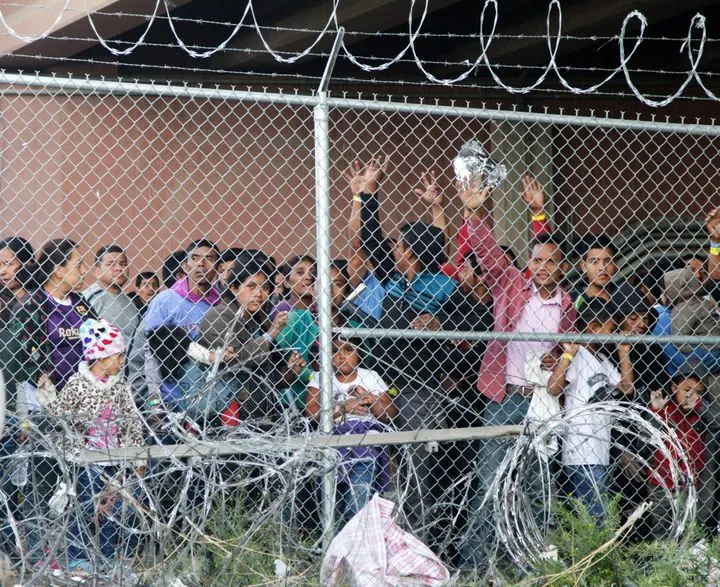Judicial Deceit and the Judicialization of Political Participation
An analysis of hybrid warfare and Lawfare in the 21st century, focusing on judicial manipulation and political deceit.

Judicial Deceit and the Judicialization of Political Participation
Hybrid Warfare and "Lawfare" in the 21st Century
By Asdrúbal Aguiar, Professor of International Law, Catholic University Andrés Bello.
"In his early writings, we already find investigations into the origins and definition of sovereignty—rooted in the European religious wars—as well as the characteristics of hostility and the state of emergency. Instead of legally regulated wars between states led by regular armies, Schmitt now examines the rise of the partisan figure, seeking a hybrid, anti-colonial, civil, and class-based war."
- Howard Caygill, On Resistance. A Philosophy of Defiance, London, 2013.
Abstract
This essay explains the origins of judicial deceit in Latin America and its implementation via coopted judges, following constitutional and judicial restructuring processes, as exemplified by Venezuela, a pioneering case. Under the guise of "new constitutionalism," these practices aim to legalize illegality and reinterpret constitutional texts for a singular purpose: establishing elected dictatorships of the 21st century. These regimes are anchored in an artificial and emergent human right to re-election.
When held accountable, they portray themselves as persecuted through a malicious practice called "Lawfare"—a global, postmodern war tactic using justice as a tool for political revenge. The term has evolved over time: it first appeared in documents of the São Paulo Forum (1990-1991) and was later reclaimed by the Puebla Group three decades later. Interestingly, "Lawfare" was also the title of a 2015 project to protect Jewish rights and a U.S.-based blog discussing legal limits to national security actions, especially after Donald Trump's rise to power.
Introduction
Plato speaks of his admiration for those who, from a foundation of truth, weave an extraordinary tapestry of their own creation—fantasizing about things or events they have lived—unlike those who rely on undisputed facts but present them manipulated to suit their interests. These individuals, who might be called historians by the founder of the Academy of Athens, would be considered mere translators enslaved by their opinions, diminishing their credibility compared to the free creator. Plato saw the novel as a sublime expression of literary experience.
However, a different reality emerges when truth is deliberately manipulated. Lucian, for example, highlights this phenomenon in his True Histories, admitting with a Socratic twist, "I only tell one truth—that I lie." His noble purpose was to guide the reader through falsehoods to sharpen their critical perspective and help them stumble upon the truth.
In other words, as in Greek mythology, myths speak metaphorically about deeper truths. These truths gain dignity despite appearing false and encourage us to view and feel the world differently—to discover what is valuable and helps us regulate our personal limitations.
Historical Context
Take, for example, Philoctetes during the Trojan War. Wounded and deceived by Odysseus, who falsely claimed to act on Zeus's will, he was persuaded to return to battle, eventually killing Paris with his arrow. Reflecting on this, Philoctetes realized that deceit does not fulfill divine will but instead distorts it, using the gods as an excuse for manipulation.
This phenomenon is precisely what contemporary fascism represents, as described by Piero Calamandrei (1889–1956), who endured Italy's fascist regime under Mussolini. His seminal text on the "regime of deceit" remains strikingly relevant to the present crisis in Western democracies post-1989. He writes:
"Political deceit, which can occur in any regime when corrupted or degenerated, is systematically employed under fascism as a normal and physiological tool of governance. It is something more profound, more complicated, and more murky than mere illegality... It is a regime of authoritarian indiscipline, adulterated legality, legalized illegality, and constitutional fraud."
Fidel Castro and the Legacy of Deceit
This necessary introduction serves as a compass for analyzing Fidel Castro's speech on July 26, 1989, in Camagüey's Plaza Mayor, just four months before the collapse of the Berlin Wall, which symbolized the failure of real socialism. His speech, almost 100 paragraphs long, seems detached from reality, resembling a schizophrenic projection of First World realities onto Cuba.
Castro then makes extravagant promises—such as building 200 dairy farms annually—while referring to the "green transition" and even suggesting that manure from the city's livestock would be converted into humus. He rhetorically questions whether any similar achievements exist in the U.S. or Europe, presenting a delusional vision of a supposed "world-leading dairy center" in Camagüey.
The Evolution of Socialist Strategy
In 1990, with Lula da Silva, leader of Brazil's Workers' Party, Castro founded the São Paulo Forum. Observing and analyzing the "socialist transition model" and its Eastern European crisis, the forum adopted action lines evident in its founding and follow-up documents. These objectives, rebranded by 21st-century socialists, included:
- Presenting socialism and leftist ideologies as "necessary and emergent alternatives" despite their tarnished reputation.
- Condemning neoliberal capitalism and privatization policies.
- Rejecting the "Andean war on narcotrafficking" and denouncing counter-narcoterrorism efforts as mere excuses for U.S. militarization in South America.
- Pursuing electoral victories while opposing political systems that curtail the mandates of elected leaders.
Judicial Manipulation and Political Warfare
Ultimately, their goal was to gain power democratically and, once secured, to manipulate constitutions and electoral systems to guarantee indefinite re-election as a "human right," leveraging a controlled judiciary. This strategy opened the door to a new falsehood in the Americas: that the people could "choose democratically between freedom and dictatorship."
Conclusion
The Puebla Group and associated movements present their doctrines as solutions to contemporary dissatisfaction, yet these promises of "substantive democracies" often mask authoritarian ambitions. Such regimes sacrifice freedom and checks on power.
Related Articles

Judicial Deceit and the Judicialization of Political Participation
An analysis of hybrid warfare and Lawfare in the 21st century, focusing on judicial manipulation and political deceit.

Key Contemporary Concepts: Hybrid War and Lawfare
An analysis of hybrid warfare and lawfare as strategic tools used in modern conflicts, focusing on their implications in global politics.

The Venezuelan Precedent in Hybrid and Lawfare Strategies
An exploration of Venezuela's role in pioneering hybrid warfare and Lawfare, shaping authoritarian tactics across the globe.


